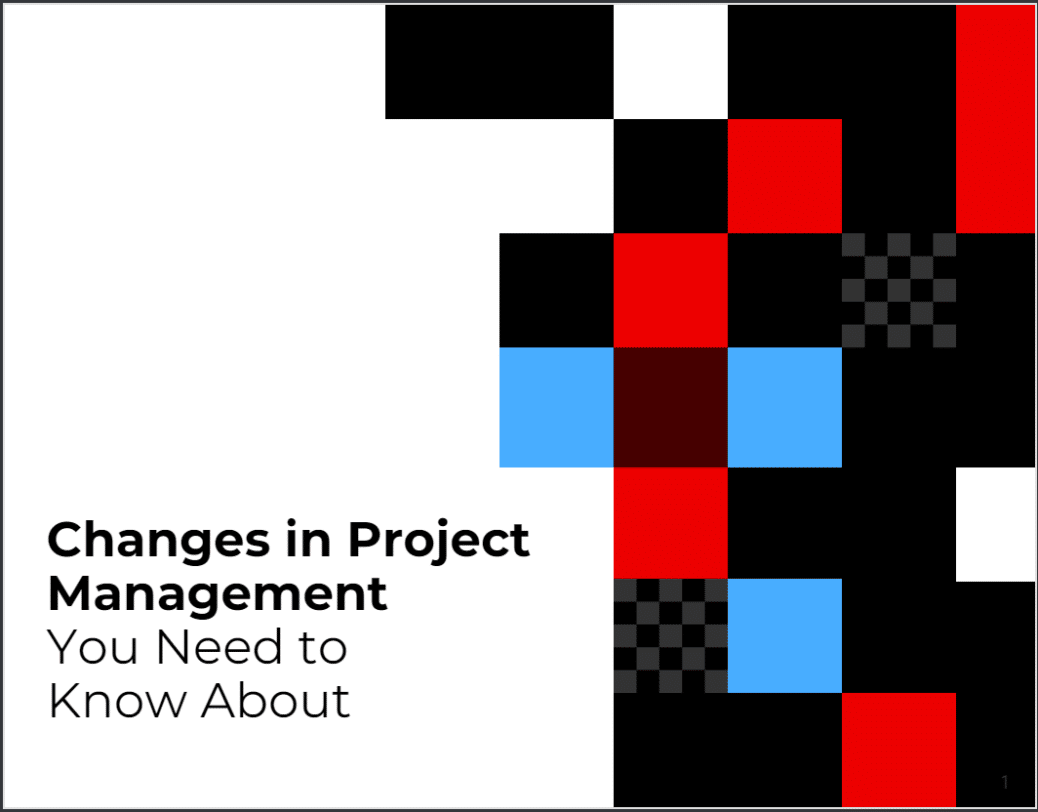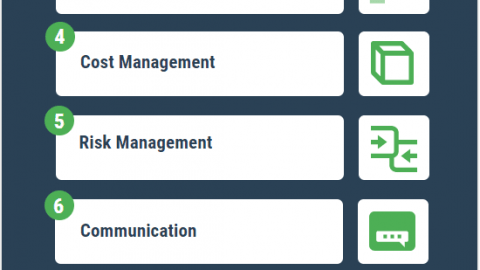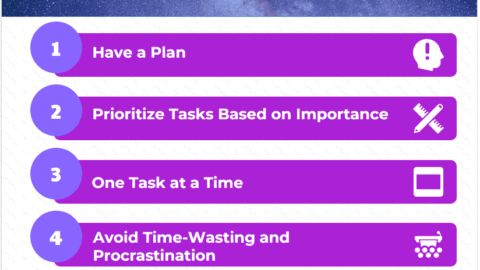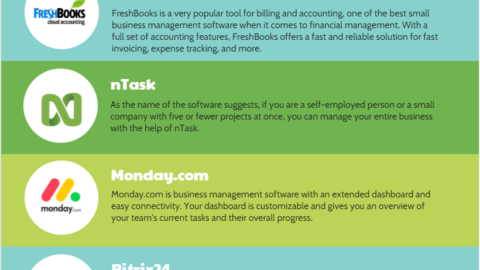Project Management Trends You Need to Know About
Are you a manager or owner who senses the need to stay on top of project management trends? If so, you’re on the right path. Because the entire project management field has been undergoing a systemic transformation for the past five years. But now, as tools like AI (artificial intelligence) and big data become more commonplace, the speed of change has reached almost supersonic levels.
Table of Contents
What do senior business personnel need to know to keep their approaches fresh and not miss out on the latest tools, trends, and topics in the project management space? For starters, it’s imperative to review professional literature regularly and read case studies about successful, innovative projects. Even studying failed attempts is a worthwhile way to understand what not to do in certain situations.
The Latest Project Management Trends
The first half of the 2020s is already proving to be a historical period in the way companies and government organizations approach projects. Regardless of the entity, any time individuals work together toward a specific goal, project management principles of many types come into play. Organizational psychology is just one of many sub-categories within the huge field of project management. What cutting-edge tools and techniques are people using in 2022 to keep projects on budget and on schedule? Without question, one of the most pervasive characteristics of modern teams is the emphasis on people skills.
Alongside that, more corporations are discovering the inherent value of technical and educational credentials. Other tech trends for startups and groundbreaking strategies include the widespread use of automation, software solutions, AI, reliance on big data, quantitative analysis in nearly every industry, the fast growth of remote work in companies of all sizes, and the use of hybrid project management models that allow large teams to focus on a single goal. Here are some of the preferred ways managers choose to implement project management in their companies.

A New Emphasis on People Skills
There’s a fresh recognition of people-based skills and the value of emotional intelligence in the workplace. For at least a decade, these kinds of talents were ignored or marginalized by managers and supervisors. Because they over-emphasized the quantitative side of the analysis. Fortunately, several large corporations began to understand the inherent value of dealing with the personal, emotional side of project teams.
Within the past few years, more managers have begun taking personalities and human characteristics into account. The same goes for assesing trends in project management. For instance, anyone who is tasked with implementing a large-scale project management system simply must deal with a wide range of personalities. Each one of whom has their own way of processing information and solving problems. These people skills are actually proving to be one of the central parts of making any project a success.
Recognizing Technical and Educational Credentials
Company owners and others in decision-making positions are also coming to a new realization about academic and technical credentials. Just a decade ago, you’d often hear business leaders downplay formal educational training. But not anymore. It’s obvious that, especially in the areas of computer programming and business degrees, undergraduate and master’s degrees deliver real-world skills. And they worth the time and energy individuals put into them.
But, how can workers who are short on time and money complete a college degree or obtain a relevant master’s diploma? Fortunately, anyone can take out a student loan through a private lender. And then cover all the expenses associated with a degree. One reason student loans are such an integral part of modern professional success is that the application process is fast, and repayment terms from private lenders are based on commonsense requirements.
A&AI (Automation and Artificial Intelligence) Trends in Project Management
There’s a myth that the entire field of project management has been hijacked by AI and automation. While not entirely true, it is essential for professional folks to realize that the role of both has been increasing at an astounding rate. Regardless of the size of your company or the complexity of the projects on your plate, A&AI will almost certainly be part of the solution. However, because there are so many non-quantitative variables and personal aspects at play in so many projects, it’s indeed an overstatement to say that A&AI has completely taken over the task.
Hybridization As Latest Project Management Trends
In large corporations, supervisors are finding value in using a hybrid technique for solving problems, creating program-management strategies, and tackling any complex issue. Hybridization involves using a combination of modern, AI-based project management approaches alongside more traditional ways of doing business. Those older techniques typically include planning sessions followed by implementation phases and evaluation periods. Hence, there is a primary benefit of a hybrid approach for large organizations. Because it allows people of different skill levels, backgrounds, and personal problem-solving strengths to work together on a single task. This is especially true when several departments and dozens of people are forced to take on a massive challenge confronting the company.
The Remote Work Transformation
In ways that are not yet completely clear, the recent surge in remote, home-based work has already changed the way workers interact on their jobs, work on common projects and project management trends, and assist each other on company-wide efforts. Management teams often face with the prospect of dealing with teams in far-flung geographic regions. And they only able to communicate via online meetings. Working adults who enjoy working from home and avoiding office politics and morning commutes are often more productive. And more willing to work within a team environment than when they were based in office settings and dealing with a more traditional set of independent work goals.

Brantlee Bhide is a project manager at HB Consultancy. She has 16 years of experience working as a project professional across varying industries, countries, and cultures. She operates in both business and technical domains using an approach that she developed.










